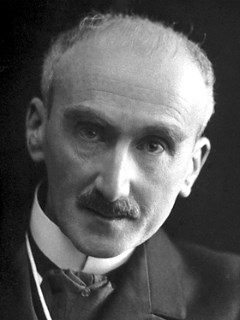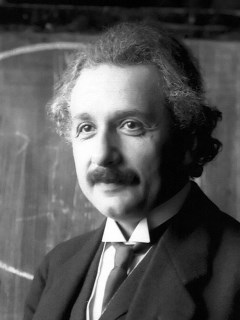
Publication details
Publisher: Springer
Place: Berlin
Year: 2016
Pages: 53-72
Series: Boston Studies in the Philosophy of Science
ISBN (Hardback): 9783319225890
Full citation:
, "Einstein's Bergson problem", in: Cosmological and psychological time, Berlin, Springer, 2016


Einstein's Bergson problem
communication, consensus and good science
pp. 53-72
in: Yuval Dolev, Michael Roubach (eds), Cosmological and psychological time, Berlin, Springer, 2016Abstract
Does a privileged frame of reference exist? Part of Einstein's success consisted in eliminating Bergson's objections to relativity theory, which were consonant with those of the most important scientists who had worked on the topic: Henri Poincaré, Hendrik Lorentz and Albert A. Michelson. In the early decades of the century, Bergson's fame, prestige and influence surpassed that of the physicist. Once considered as one of the most renowned intellectuals of his era and an authority on the nature of time, The Stanford Encyclopedia of Philosophy (2010) does not even include him under the entry of "time." How was it possible to write off from history a figure that was once so prominent? Through an analysis of behind-the-scenes of science correspondence, this article traces the ascendance of Einstein's views of time at the expense of Bergson's.
Cited authors
Publication details
Publisher: Springer
Place: Berlin
Year: 2016
Pages: 53-72
Series: Boston Studies in the Philosophy of Science
ISBN (Hardback): 9783319225890
Full citation:
, "Einstein's Bergson problem", in: Cosmological and psychological time, Berlin, Springer, 2016



